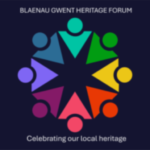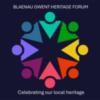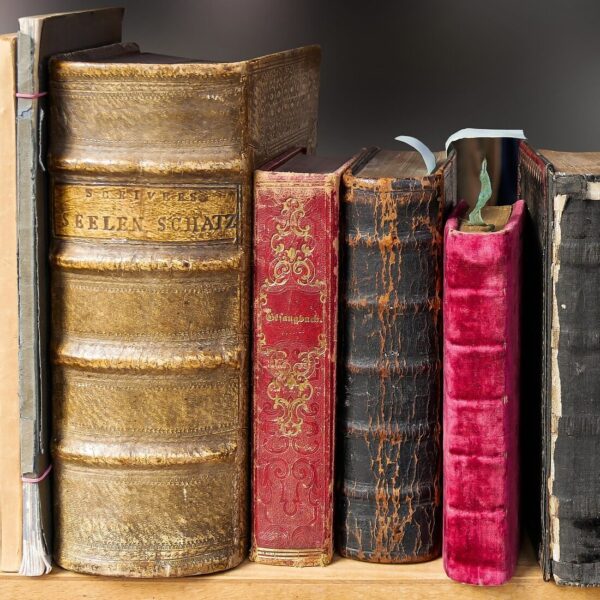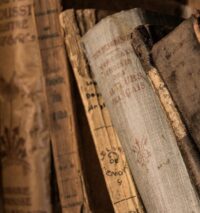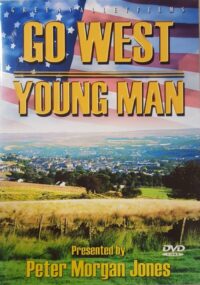Description
This download consists of two separate essays.
Sample Pages – The History of Gwent
Sample pages- The Tredegar Diaries
THE WINNING ESSAY IN THE ABERGAVENNY EISTEDDFOD 1836
THOMAS WATKINS – EIDDIL IFOR
BIRTH
Thomas Watkins was born in Pwll-yr-Hyward, Llanfoist, Monmouthshire on May 1st 1801. His father had worked in Abertillery but returned to Llanfoist to work in the limestone quarries belonging to the Blaenafon iron works. The family were members of the Baptist chapel in Llanwenarth.
WORK
Thomas Watkins kept the White Hart tavern in Blaenafon before working as a weigher in the iron works of Blaenau Gwent. After the death of hisd wife in 1859 Thomas returned to Blaenafon to keep the Three Cranes tavern for the remainder of his life.
CYMREIGYDDION Y FENNI
He was an original and leading member, in its early years, of the Abergavenny based group of people, Cymreigyddion y Fenni, who established the series of Eisteddfodau that created such a stir in Gwent between 1833 and 1854.
PRIZE-WINNING ESSAYS
Thomas Watkins was a regular competitor in the Abergavenny Eisteddfodau and won many prizes for his essays, of which this is one. He is best known for his history of Llanfoist parish – Hanes Llanffwyst – which won first prize in the first Abergavenny eisteddfod in November 1834. He was not as successful as a poet but he certainly was as an essayist in these eisteddfodau, winning competions on a dozen occasions. Nine of his essays survive, five in the National Library of Wales, Aberystwyth, and four in Cardiff Central Library.
JOHN DAVIES
BIRTH
John Davies was born in 1784 in Llanwrthwl parish, north Breconshire. His family was poor and his father scraped a living as a labourer. Little is known of his early life except that he received very little schooling and at some time he left his isolated rural area for Swansea.
WORK
From Swansea he went to sea for several years, during which time he learned to read and write, self-educating himself in English, Welsh, a wide range of knowledge, and in book-keeping skills that were to give him plenty of employment later in Tredegar. His father had died during his time at sea and in the meantime, his mother and brothers had moved to Tredegar.
At the start of the available diary period John was married to Margaret Morgan and was a bookseller and publisher in the town. He was also a promoter of friendly societies, the Oddfellows in particular, and an office holder in some of them, either as secretary or treasurer.
DIARIES
He was an inveterate diary keeper and some of his diaries have survived. They are written almost wholly in Welsh, and can be read in the Cardiff Central Library. Unfortunately, the surviving diaries do not cover the first twenty five years of his life in the town. Nor are the four volumes which do exist continuous as there are gaps for some years, but they do span from 1831, by which time he was already into middle age, to just before his death in 1864. The diaries amount to over two hundred pages of handwritten entries from a time when Tredegar was very much growing and prospering.
The diaries reveal that he kept the books for savings clubs and several businesses in the town, and earned small amounts by various writing tasks for others. This was a time when the majority of the population were illiterate, yet would have relatives in other parts of Wales that they needed to keep in contact with. In particular, there were significant number of the town’s sons and families who had emigrated to America having learned their industrial skills in Tredegar, and wanting letters from home.
